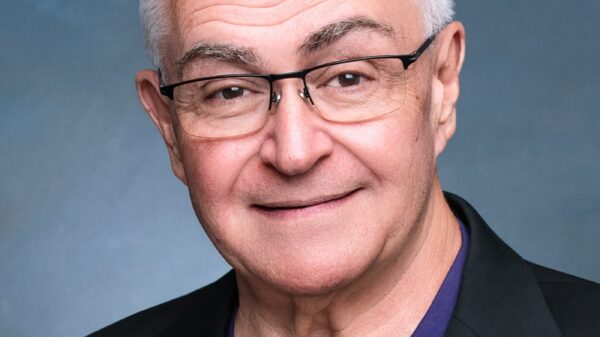Third-year medical student Larissa Dixon from the University of Central Florida (UCF) has been awarded a highly competitive fellowship from the U.S. National Institutes of Health (NIH). This fellowship, known as the Fogarty International Center Fellowship, will enable her to further her research on antibiotic resistance in Peru, a significant global health challenge.
Dixon’s interest in global health was sparked during a clinical experience at the Universidad Peruana de Ciencias Aplicadas in Lima, Peru, where she spent three weeks last year. Motivated by her experience, she pursued the NIH fellowship to work with the Asociación Civil Impacta Salud y Educación (IMPACTA). Dixon is the first UCF student to receive this prestigious year-long fellowship and joins nearly 100 students selected globally for this year.
Research Focus on Antibiotic Use and Resistance
Dixon’s project will investigate the distribution and usage of preventative antibiotics, particularly doxycycline post-exposure prophylaxis (DoxyPEP), in Peruvian clinics. Her research aims to understand how patients utilize these antibiotics to prevent sexually transmitted infections (STIs) and to identify the necessary steps for their safe and effective implementation.
Through surveys targeting healthcare providers and patients, she intends to gather insights that could enhance global strategies to mitigate antibiotic resistance. Dixon elaborates, “As places start to adopt guidelines, I’m hoping my research can better inform how and when these measures should be used.”
In Peru, patients can often access antibiotics without a prescription, contrasting sharply with regulations in the United States. This disparity provides a unique opportunity for Dixon to compare outcomes and inform strategies for combating drug resistance in both countries. “Antimicrobial resistance is such an important topic because once our antibiotics stop working, it could take us back to an era without antibiotics,” she stated.
UCF’s Growing Global Health Influence
Dixon’s achievement is remarkable not only due to the intense competition for the fellowship but also because UCF is not currently part of an NIH-supported global health consortium. To be eligible for the Fogarty Fellowship, candidates must have sponsorship from faculty researchers within these consortia.
In securing her fellowship, Dixon had to proactively seek mentorship and sponsorship from various institutions across the U.S. and Peru. She is being mentored by Jenell Stewart at the University of Minnesota, along with mentors from IMPACTA, including Javier Lama and Alexander Lankowski.
Elena Cyrus, an associate professor of population health sciences at UCF, praised Dixon’s determination and the significance of her research. “Larissa’s project directly addresses a global need and is relevant to populations here in the U.S.,” Cyrus noted. “Her findings could help tackle the overuse of medications at home.”
Following her orientation at the NIH in Washington, D.C., Dixon is set to embark on her year-long fellowship. The visibility gained from her achievement may facilitate UCF’s entry into an NIH global health consortium, thereby accelerating the university’s medical research initiatives.
Cyrus envisions UCF’s College of Medicine becoming a flagship institution in global health research, stating, “One of our goals is to be part of a consortium and spearhead one in the southeast region in the U.S.” This goal highlights a commitment to supporting innovative research efforts like Dixon’s.
Dixon aims to blend her clinical work with research focused on infectious diseases, particularly in HIV and STIs, as she seeks to mentor future generations in the U.S. “With the Fogarty fellowship, I can open up many global connections,” she remarked, expressing her ambition to impact health on both individual and global levels.
The Fogarty International Center, according to the NIH, is dedicated to fostering global health research and training the next generation of scientists to address pressing health needs worldwide. Dixon’s work reflects this mission, addressing antibiotic resistance—a critical issue that continues to pose challenges for healthcare systems globally.








































































